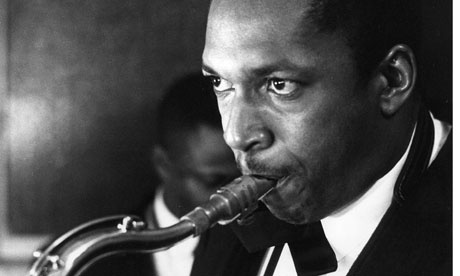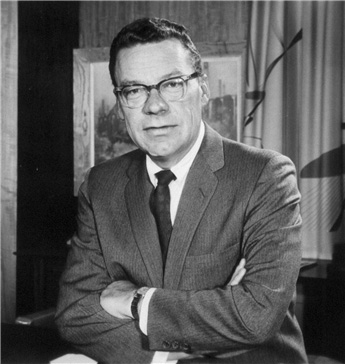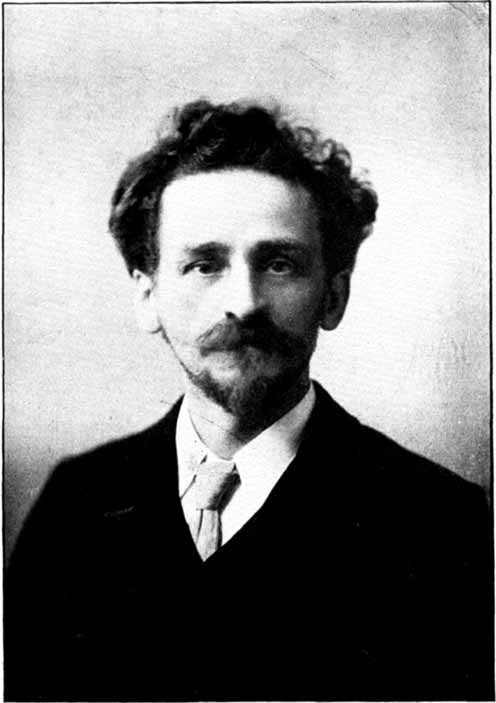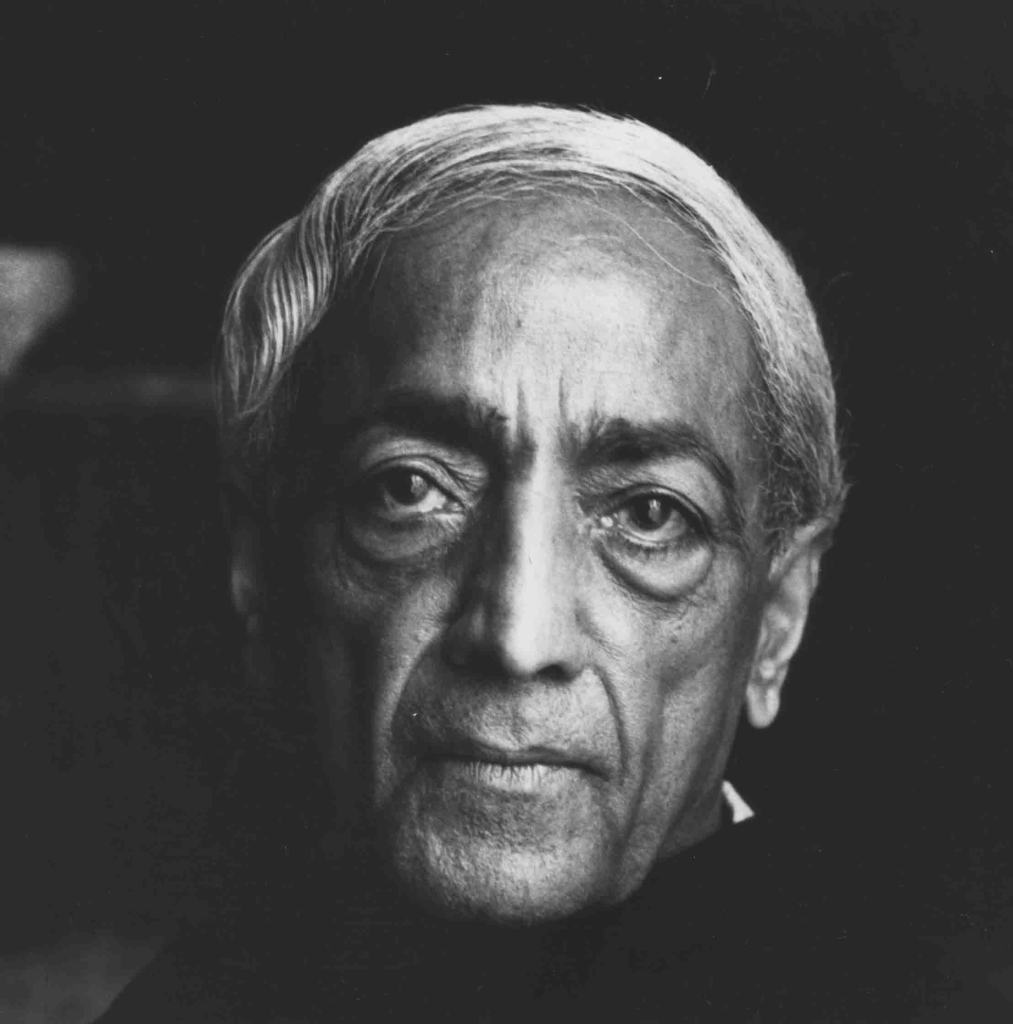The money likes to go to the United Kingdom, Luxembourg, Ireland, Netherlands, and Australia. It is a big world out there and Canada is globally positioned.
Month: December 2014
Great Thought Leader: Milton Friedman
During my undergraduate studies Milton Friedman and the Chicago School of Economics was vilified as though it was the root of all evil. The neo-right on the political realm took up many of his theories however through study, experience and my own research I’ve come to realize I think Mr. Friedman was misunderstood in many ways. I was particularity impressed with the emphasis and responsibility he placed on the individual in society and the citizens relationship and role with government. As a thought leader Milton Friedman’s legacy runs deep and looking forward it would not surprise me to see his perspectives pick up popularity within the emerging Global Social Enterprise sector, putting the responsibility on individuals and free enterprises to solve problems and not governments. He challenged John Maynard Keynes the king of western civilization economics for well over a generation, I respect that.
Milton Friedman (July 31, 1912 – November 16, 2006) was an American economist, statistician, and writer who taught at the University of Chicago for more than three decades. He was a recipient of the 1976 Nobel Prize in Economic Sciences, and is known for his research on consumption analysis, monetary history and theory, and the complexity of stabilization policy.[1] As a leader of the Chicago school of economics, he profoundly influenced the research agenda of the economics profession. A survey of economists ranked Friedman as the second most popular economist of the twentieth century after John Maynard Keynes,[2] andThe Economist described him as “the most influential economist of the second half of the 20th century … possibly of all of it.”[3]
For The Love of Jazz
That First Memory
As long as I can remember I’ve had a deep fascination and love of Jazz Music. I don’t recall how and or when was the first time I realized how much I loved the genre; however if my memory servers me right it was when I was a little boy maybe 11-12 years old. It was quite evening in Mississauga my mother in the living room watching television and brother asleep in his room, we just moved from Downtown Toronto, Mississauga only a population of 200K + at the time. I was in my room cleaning and organizing my cloths and random toys I was beginning to outgrow. During a break I was beside the window in my room fiddling around with the AM/FM radio trying to get a signal… and then this sound came through the haze and fuzz of radio the signals crossing, I adjusted the dial with surgical precision until, wow that…. flute I knew the instrument because in my grade 4 music class we learned about them and heard the sounds. At that time I was becoming a master of “Hot, Cross, Buns on the Recorder”, the pride I had playing that simple melody you would think that I was Miles Davis prodigy with the grin of achievement and satisfaction on my face once done. However this sound on the radio was a lot different, It defiantly wasn’t Mrs. Burnett’s music class of a bunch of out-of-tune elementary students blowing recklessly on recorders, this sound was, it was…. it was world class! So smooth anyone who was blessed with the ability to hear could realize it instantly.

Photograph: Redferns Redferns/REDFERNS / Redferns via http://www.theguardian.com/music/musicblog/2010/aug/09/john-coltrane-giant-step
Introduced To A Classic
Then the radio announcer said as the music slowly faded the radio honed in super clear, “you were just listening to John Coltrane’s Classic “Favorite Things”, from his 7th studio album in 1961″. That very moment time stood still, it was only 1994-1995, and in between playing my NHL 94′ on Super Nintendo (arguably the best video game ever) from that moment on through the years I would make time in the evenings every weekend to stay up late and listening to Jazz music played on CBC Radio.
[youtube_sc url=”https://www.youtube.com/watch?v=zH3JpqhpkXg” width=”250″]
Continue reading
Great Thought Leader: Earl Nightingale
“We can let circumstances rule us,
or we can take charge and rule our lives from within.”
–Earl Nightingale
As a Depression-era child, Earl Nightingale was hungry for knowledge. From the time he was a young boy, he would frequent the Long Beach Public Library in California, searching for the answer to the question, “How can a person, starting from scratch, who has no particular advantage in the world, reach the goals that he feels are important to him, and by so doing, make a major contribution to others?” His desire to find an answer, coupled with his natural curiosity about the world and its workings spurred him to become one of the world’s foremost experts on success and what makes people successful.
His early career began when, as a member of the Marine Corps, he volunteered to work at a local radio station as an announcer. The Marines also gave him a chance to travel, although he only got as far as Hawaii when the Japanese attacked Pearl Harbor in 1941. Earl managed to be one of the few survivors aboard the battleship Arizona. After five more years in the service, Earl and his wife moved first to Phoenix then Chicago to build what was to be a very fruitful career in network radio.
Great Thought Leader: Alan Watts
Alan Wilson Watts (6 January 1915 – 16 November 1973) was a British-born philosopher, writer, and speaker, best known as an interpreter and popularize of Eastern philosophy for a Western audience. Born in Chislehurst, he moved to the United States in 1938 and began Zen training in New York. Pursuing a career, he attended Seabury-Western Theological Seminary, where he received a master’s degree in theology. Watts became an Episcopal priest in 1945, then left the ministry in 1950 and moved to California, where he joined the faculty of the American Academy of Asian Studies.

Watts gained a large following in the San Francisco Bay Area while working as a volunteer programmer at KPFA, a Pacifica Radio station in Berkeley. Watts wrote more than 25 books and articles on subjects important to Eastern and Western religion, introducing the then-burgeoning youth culture to The Way of Zen (1957), one of the first bestselling books on Buddhism. In Psychotherapy East and West (1961), Watts proposed that Buddhism could be thought of as a form of psychotherapy and not a religion. He also explored human consciousness, in the essay “The New Alchemy” (1958), and in the book The Joyous Cosmology (1962).
Great Thought Leader: James Allen

James Allen is a literary mystery man. His inspirational writings have influenced millions for good. Yet today he remains almost unknown. None of his nineteen books give a clue to his life other than to mention his place of residence – Ilfracombe, England. His name cannot be found in a major reference work. Not even the Library of Congress or the British Museum has much to say about him. Who was this man who believed in the power of thought to bring fame, fortune and happiness? Or did he, as Henry David Thoreau says, hear a different drummer? James Allen never gained fame or fortune. That much is true. His was a quiet, unrewarded genius. He seldom made enough money from his writings to cover expenses.
Allen was born in Leicester, Central England, (November, 28, 1864). The family business failed within a few years, and in 1879 his father left for America in an effort to recoup his losses. The elder Allen had hoped to settle in the United States, but was robbed and murdered before he could send for his family. The financial crisis that resulted forced James to leave school at fifteen. He eventually became a private secretary, a position that would be called administrative assistant today. He worked in this capacity for several British manufacturers until 1902, when he decided to devote all his time to writing. Continue reading
Great Thought Leader: Jiddu Krishnamurti
One of the best things about University in particularly the study of Liberal Arts is the emphasis on critical thought and debate. One of the most unique speakers I have ever been exposed to is Jiddu Krishnamurti, an incredible mind with provoking perspectives in relation to the study of human understanding of “the self” and concepts within religious theory, thought and reality. Enjoy.
 Jiddu Krishnamurti /ˈdʒɪduː ˌkrɪʃnəˈmɜrti/ (12 May 1895 – 17 February 1986) was an Indian speaker and writer on philosophical and spiritual subjects. In his early life he was groomed to be the new World Teacher but later rejected this mantle and disbanded the organisation behind it. His subject matter included psychological revolution, the nature of mind, meditation, inquiry, human relationships, and bringing about radical change in society. He constantly stressed the need for a revolution in the psyche of every human being and emphasized that such revolution cannot be brought about by any external entity, be it religious, political, or social.
Jiddu Krishnamurti /ˈdʒɪduː ˌkrɪʃnəˈmɜrti/ (12 May 1895 – 17 February 1986) was an Indian speaker and writer on philosophical and spiritual subjects. In his early life he was groomed to be the new World Teacher but later rejected this mantle and disbanded the organisation behind it. His subject matter included psychological revolution, the nature of mind, meditation, inquiry, human relationships, and bringing about radical change in society. He constantly stressed the need for a revolution in the psyche of every human being and emphasized that such revolution cannot be brought about by any external entity, be it religious, political, or social.
Krishnamurti was born in British India and in early adolescence, he had a chance encounter with prominent occultist and theosophist Charles Webster Leadbeater in the grounds of the Theosophical Society headquarters at Adyar in Madras. He was subsequently raised under the tutelage of Annie Besant and Leadbeater, leaders of the Society at the time, who believed him to be a “vehicle” for an expected World Teacher. As a young man, he disavowed this idea and dissolved the Order of the Star in the East, an organisation that had been established to support it. Continue reading
Modern New Age: Cottage Inspiration
Modern Cottage Inspiration
Nature is my Church where the soul truly feels at home, I’m a fan of the city grew up in big urban environments but nothing feels more natural to me than being surrounded by awesome trees, hiking trails and lakes. I’ve been listening and reading a lot of personal development and motivational authors such as Brian Tracey, Alana Watts, and my personal favorite James Allen this year. As a result of this growth I’ve re-engineered my personal definition of success, happiness and true contentment.
I’ve been researching and looking at cottage lots in Ontario and they are reasonably priced between $7,000 – $20,000 for over an acre of land. The container-ship style of Cottage-Home has really caught my eye, I think it is awesome. The name of the project below was called Containers of Hope I could not agree more with name.
The Architect of this development is Benjamin Garcia Saxe. Designed and built for under $45K!
Energy East & New Western Partnership
The Foundation of Western Economic Development 
It shouldn’t be a surprise to the east of the rise of economic prosperity of western Canada. Our nation is already very vast with plenty of resources and economic opportunity throughout however the Western Provinces of British Columbia, Alberta and Saskatchewan have taken things to another level with the New Western Partnership. And it hasn’t got as much attention as you would think but the Energy Memorandum of Understanding (MOU) proves how ahead of the game and serious the region is on taking a leadership role in regards to policy and economic development framework of a National Energy Strategy for Canada on a provincial and federal level. They have exercised there provincial powers to attract global investment into strengthen there individual and regional economies. The east can learn a thing or two in regards to co-operation, I can’t help but feel for Atlantic Canada with the exception of New Newfoundland & Labrador the mainland has become under stress as old established communities continue to fight tough economic and demographic trends that don’t weigh in their benefit. A monumental and historical commissioned study/report titled Now or Never: An Urgent Call to Action for Nova Scotians commendably does an excellent job of highlighting these challenges, and it is encouraging because it seems to put an emphasis on taking appropriate action and does not sugar coat the facts. Continue reading

